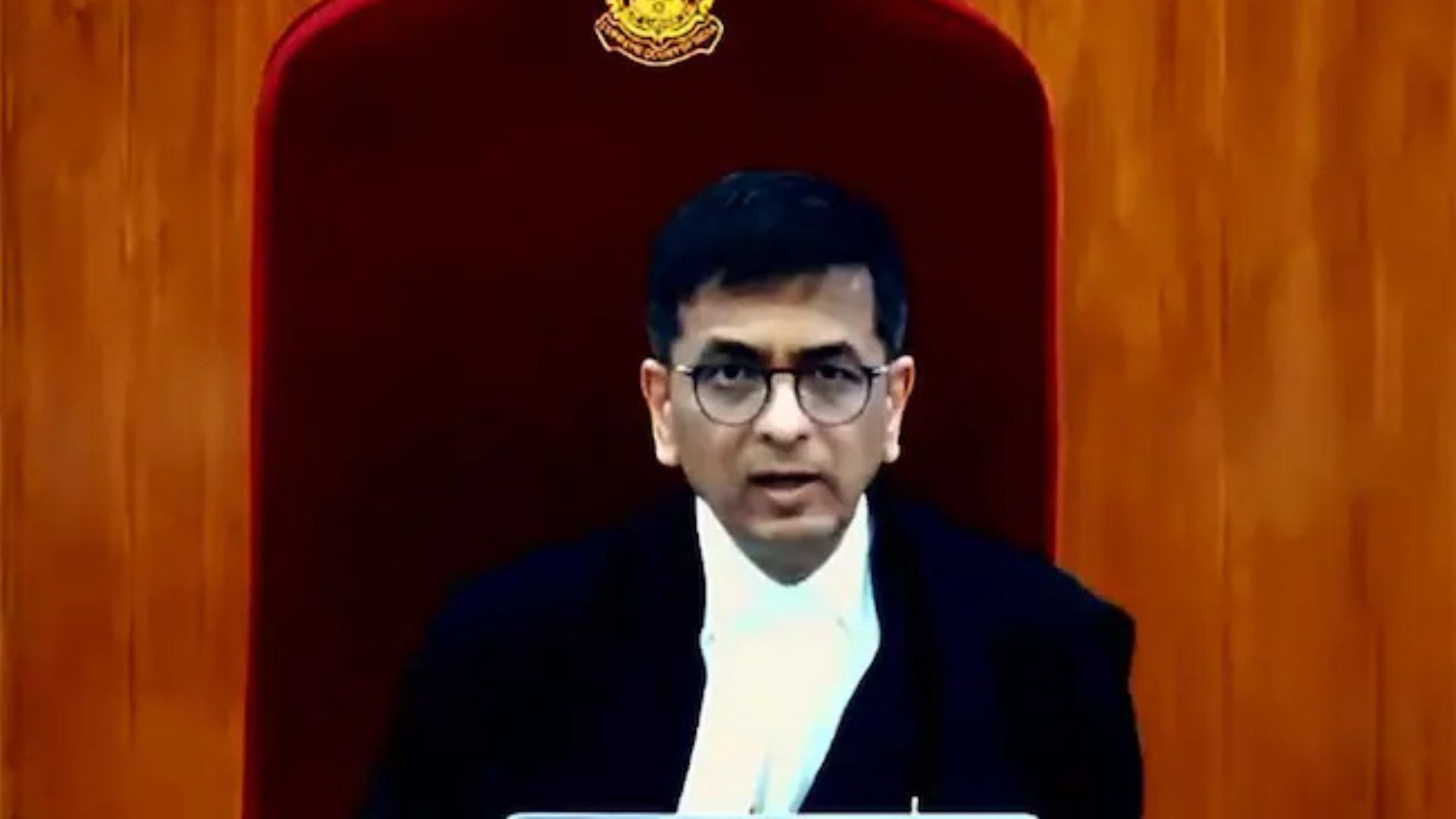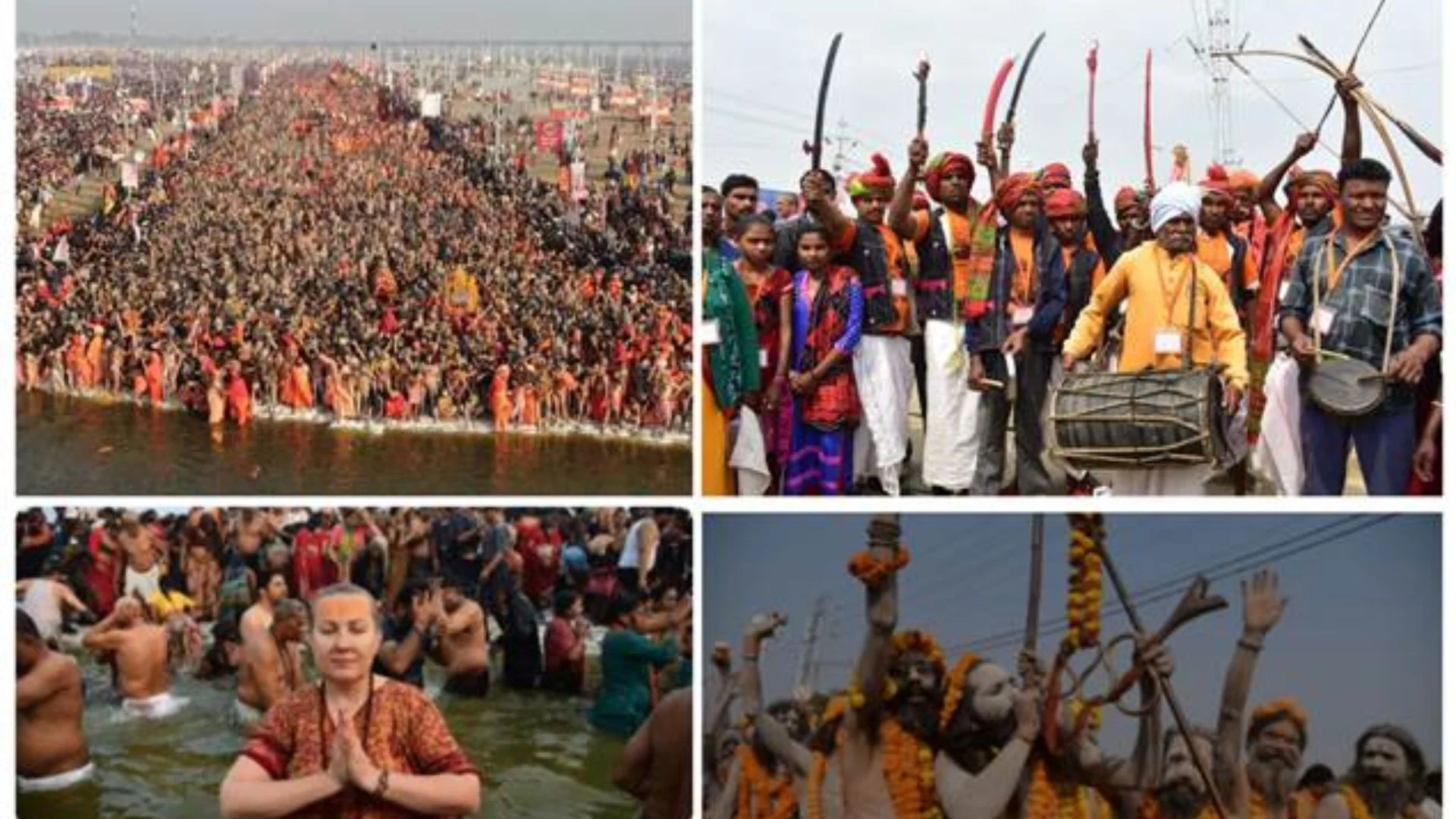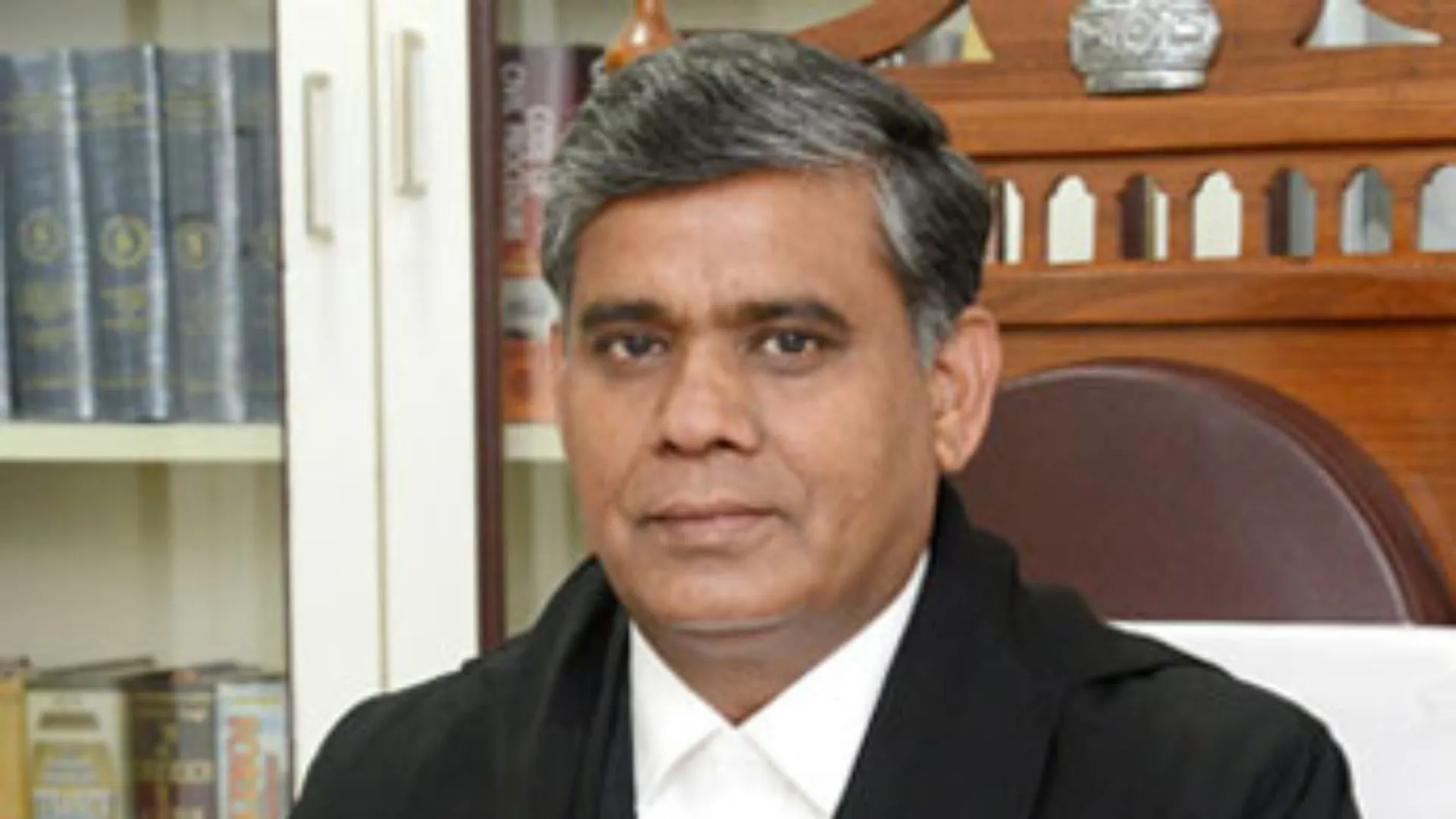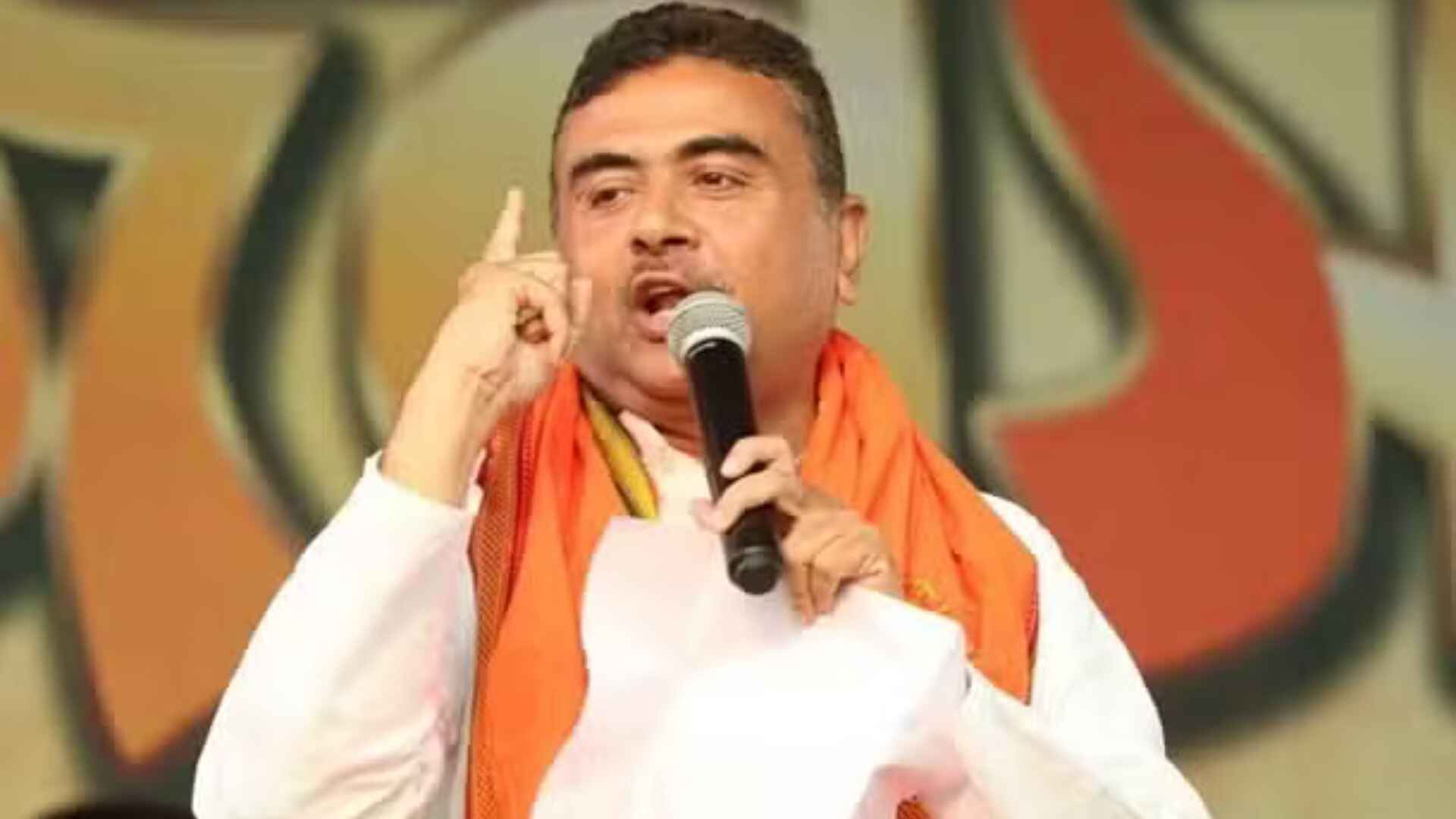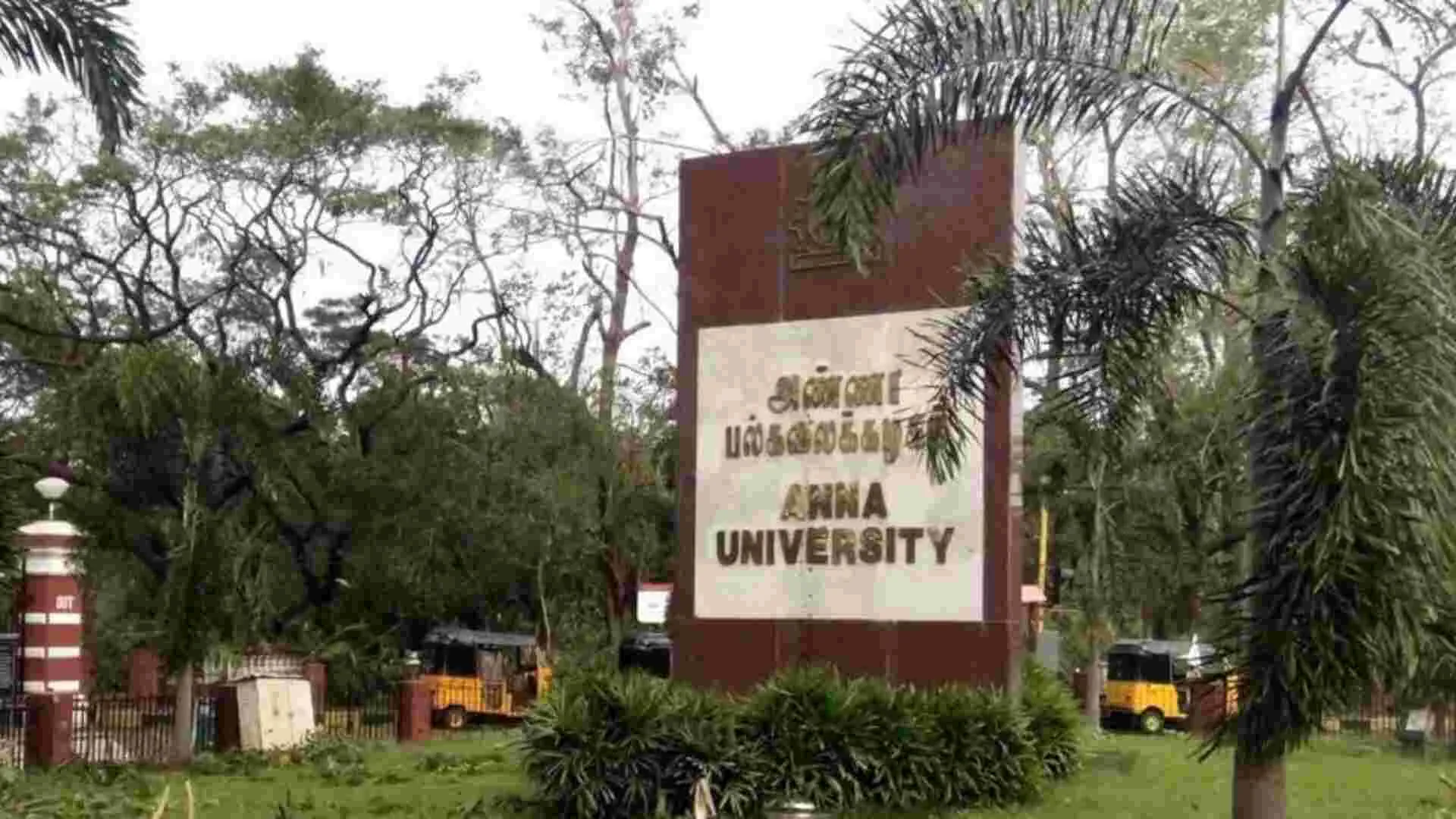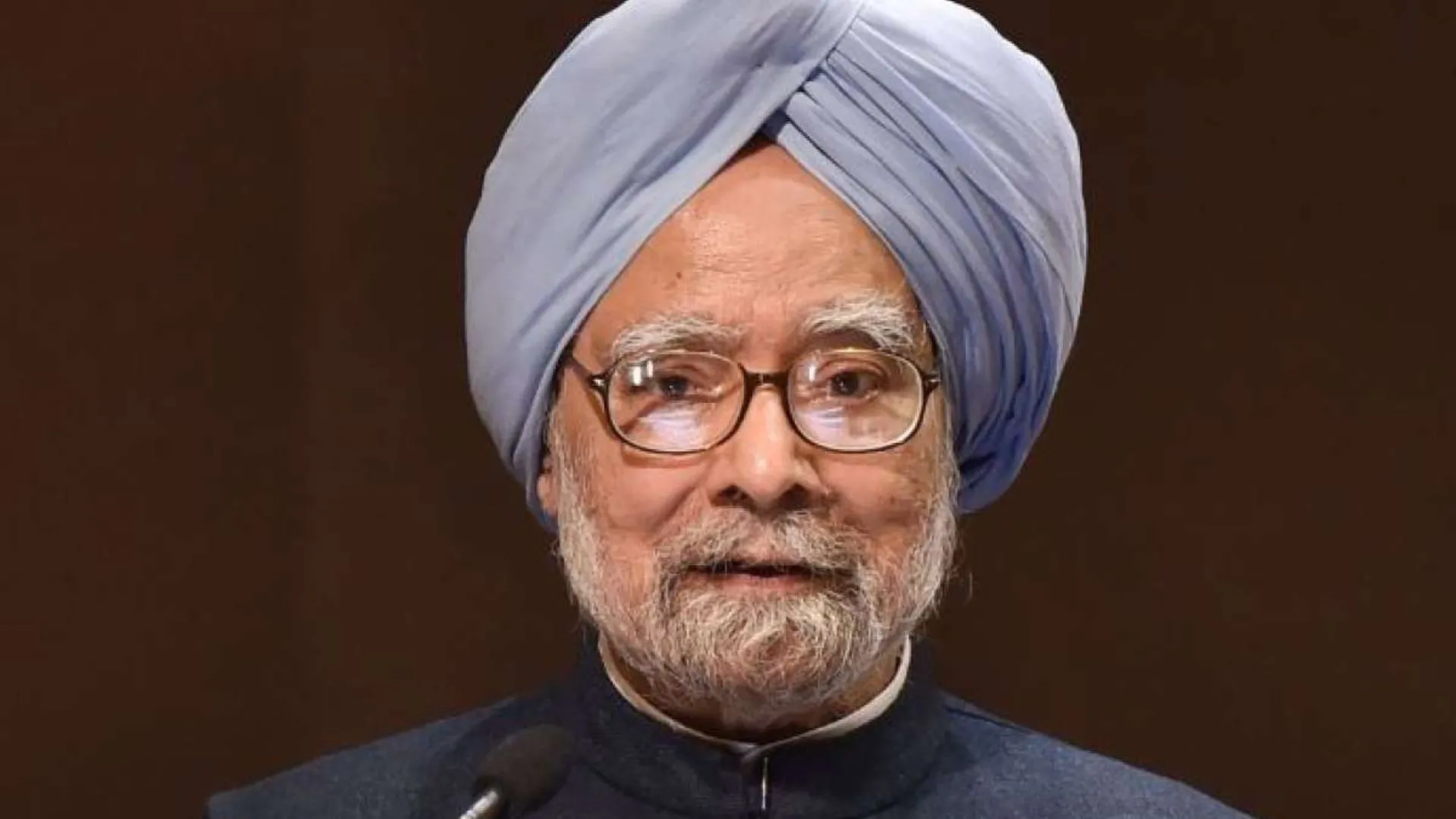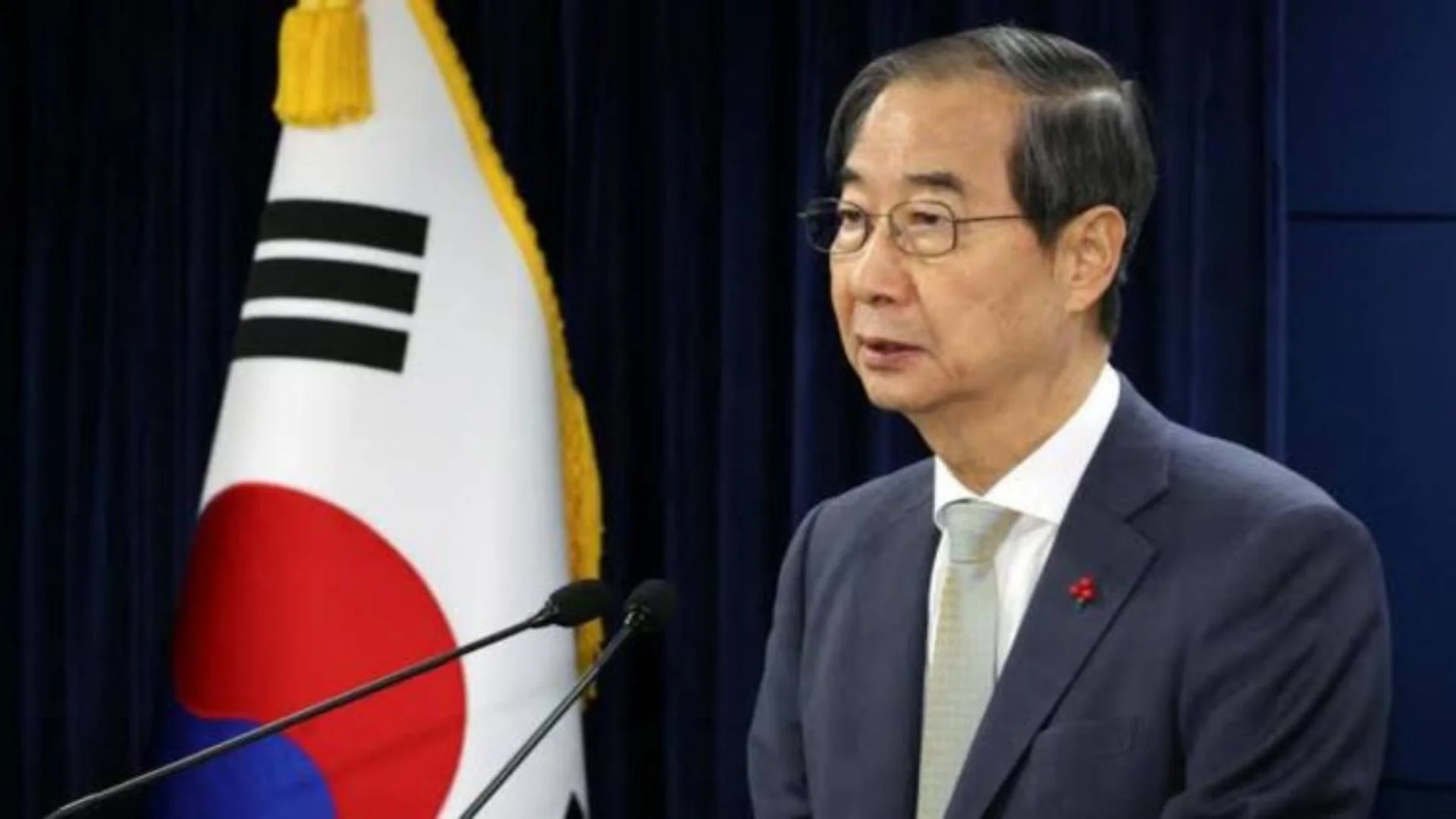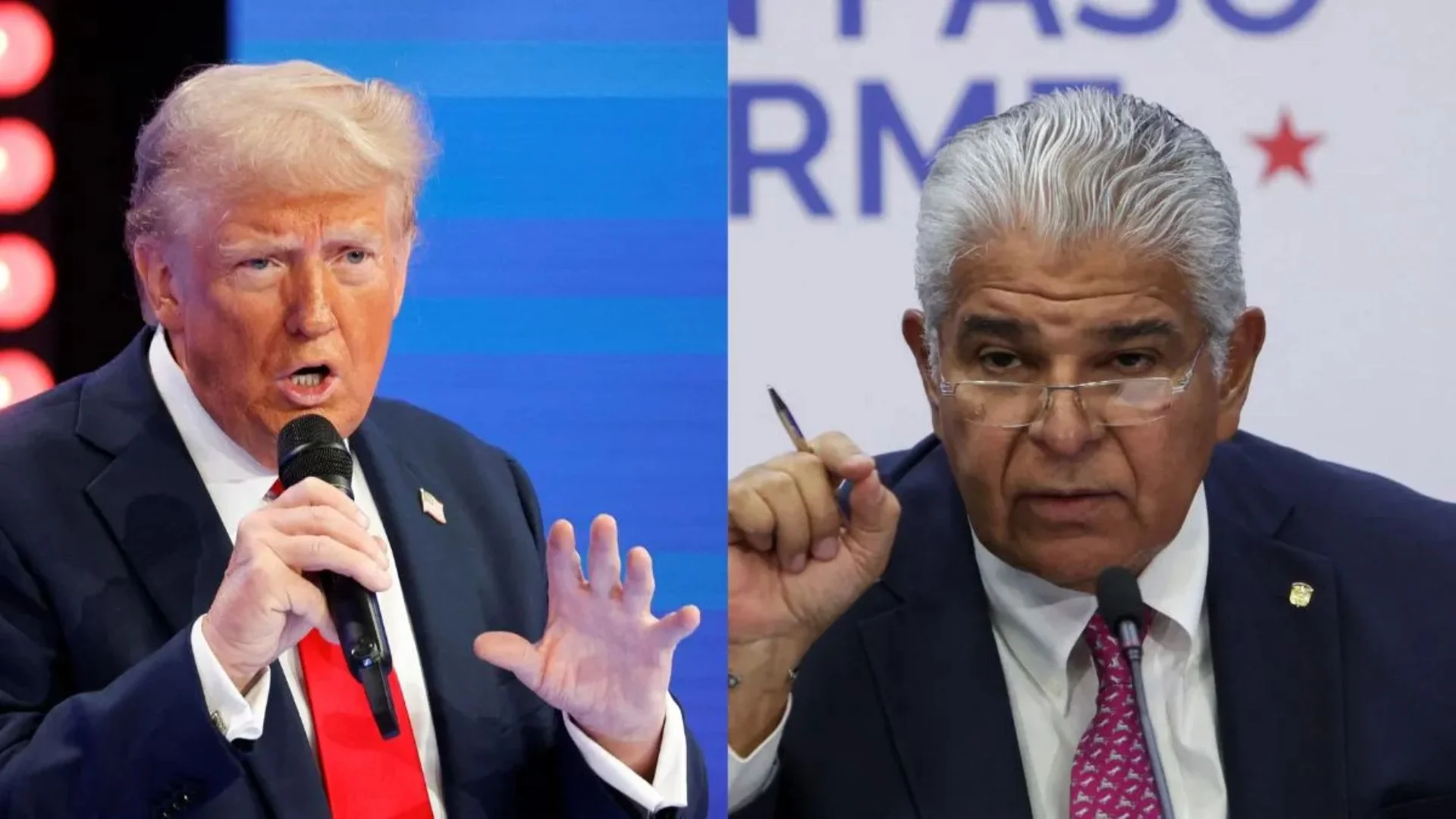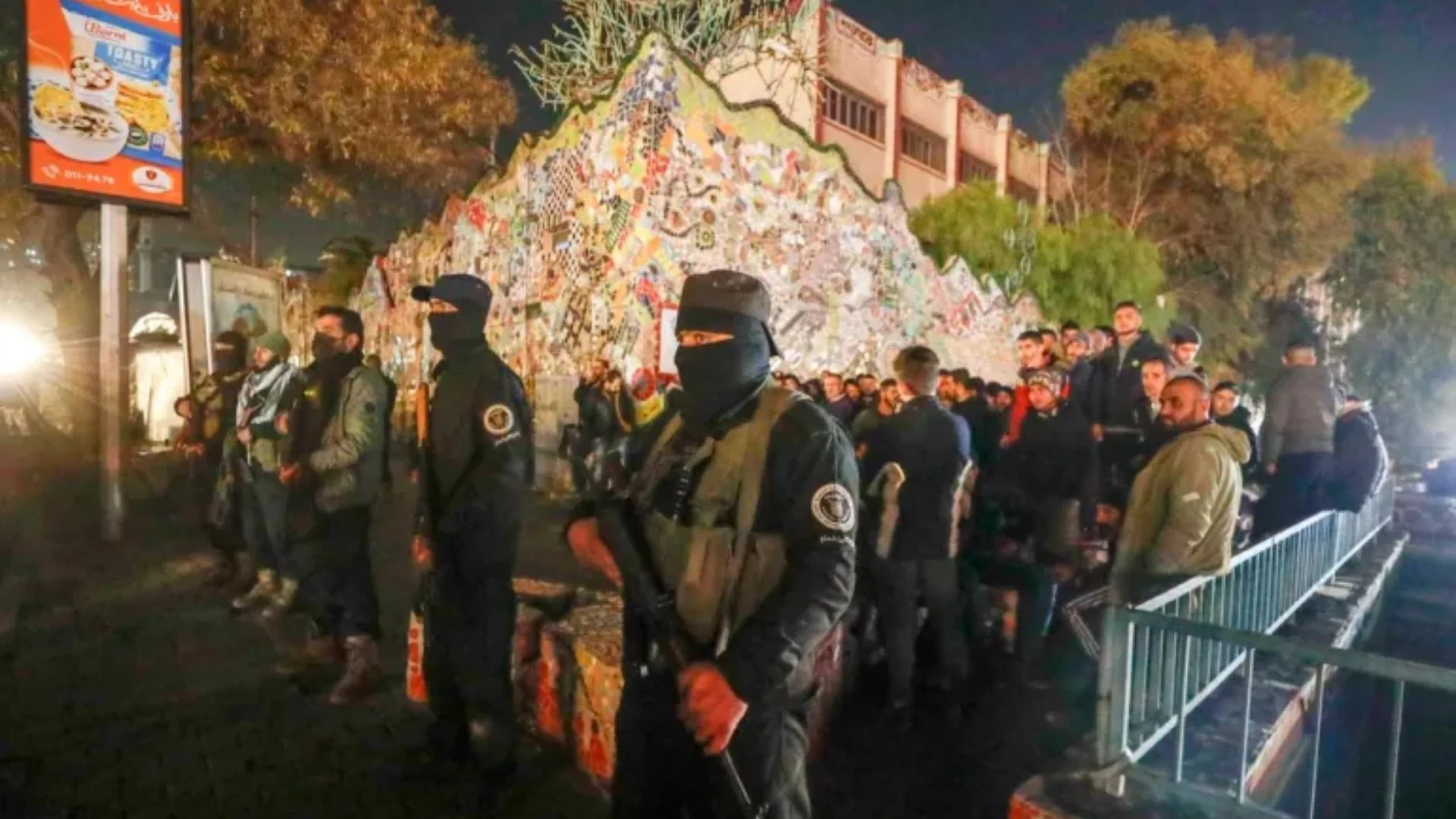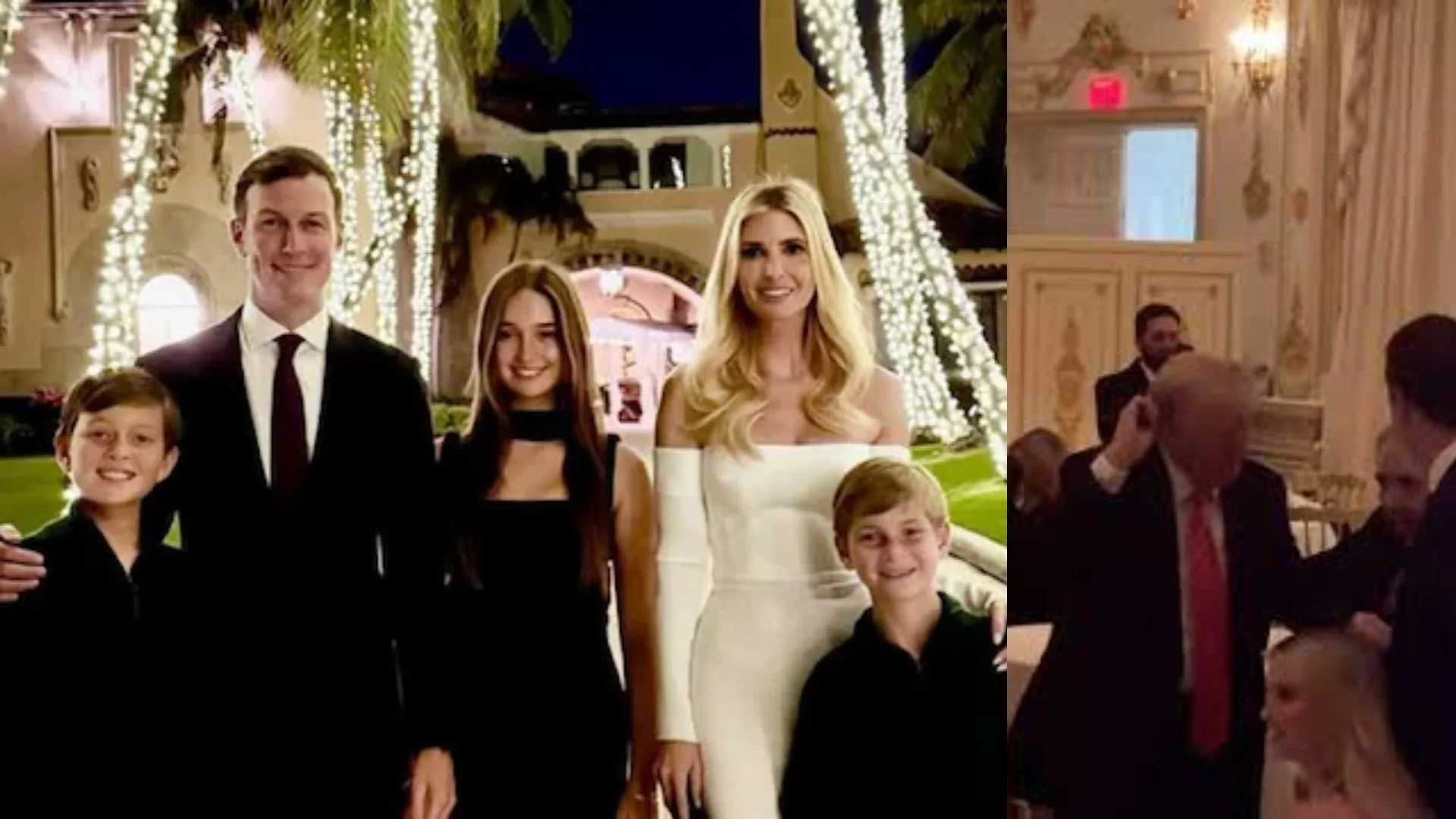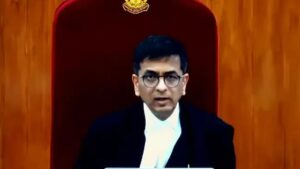The bench led by Chief Justice of India DY Chandrachud has decided to halt the hearings on petitions challenging the immunity granted to husbands in marital rape cases. This decision comes as the Chief Justice is set to retire on November 10, and the current bench, which includes Justice JB Pardiwala and Justice Manoj Misra, will not be able to complete the hearings and issue a verdict in time.
The Chief Justice’s bench has adjourned the matter for four weeks, after which a new bench will take over.
During today’s hearing, attorneys representing various parties indicated that they would need time to present their arguments. Senior Advocate Sankarnarayanan mentioned he would require at least one day to complete his submissions. Solicitor General Tushar Mehta and Senior Advocate Rakesh Dwivedi also noted they would need a day each. Other lawyers involved in the case include Maninder Singh, Arvind Datar, and Indira Jaising.
“Then this can be deferred,” stated the Chief Justice. He acknowledged that submissions had been made by Ms. Nundy and noted that Mr. Gopal Sankarnarayanan would need a day, followed by submissions from Senior Advocate Jaising and other counsel. He concluded that it would not be feasible to complete the hearings anytime soon, thus ordering the matter to be relisted.
Senior Advocate Karuna Nundy, representing one of the petitioners, remarked, “Your (Chief Justice) legacy would warrant this case to be heard for the millions of women.” In response, the Solicitor General commented, “Your lordship’s legacy will be remembered and this statement need not be made.” The Chief Justice pointed out that all parties must present their arguments and directed the matter to be scheduled for four weeks later. The hearings began on October 17.
The newly enacted Bharatiya Nyaya Sanhita grants husbands immunity from prosecution for rape if their wives are not minors. The new law states in exception 2 to Section 63 (rape) that “sexual intercourse or sexual acts by a man with his own wife, the wife not being under eighteen years of age, is not rape.”
The Centre has informed the court that it sees no necessity to criminalize marital rape, asserting that this matter lies outside the court’s jurisdiction. The government argues that the issue of marital rape is more social than legal, with potential direct societal implications.
The Parliament, the Centre contends, has introduced various measures to safeguard the consent of married women. The sexual aspect is described as one of several components of the relationship between husband and wife that underpins their marriage. If the legislature believes that protecting the institution of marriage is essential, the Centre argues that it would be inappropriate for the court to invalidate the exception.
to husbands in marital rape cases. This decision comes as the Chief Justice is set to retire on November 10, and the current bench, which includes Justice JB Pardiwala and Justice Manoj Misra, will not be able to complete the hearings and issue a verdict in time.
The Chief Justice’s bench has adjourned the matter for four weeks, after which a new bench will take over.
During today’s hearing, attorneys representing various parties indicated that they would need time to present their arguments. Senior Advocate Sankarnarayanan mentioned he would require at least one day to complete his submissions. Solicitor General Tushar Mehta and Senior Advocate Rakesh Dwivedi also noted they would need a day each. Other lawyers involved in the case include Maninder Singh, Arvind Datar, and Indira Jaising.
“Then this can be deferred,” stated the Chief Justice. He acknowledged that submissions had been made by Ms. Nundy and noted that Mr. Gopal Sankarnarayanan would need a day, followed by submissions from Senior Advocate Jaising and other counsel. He concluded that it would not be feasible to complete the hearings anytime soon, thus ordering the matter to be relisted.
Senior Advocate Karuna Nundy, representing one of the petitioners, remarked, “Your (Chief Justice) legacy would warrant this case to be heard for the millions of women.” In response, the Solicitor General commented, “Your lordship’s legacy will be remembered and this statement need not be made.” The Chief Justice pointed out that all parties must present their arguments and directed the matter to be scheduled for four weeks later. The hearings began on October 17.
The newly enacted Bharatiya Nyaya Sanhita grants husbands immunity from prosecution for rape if their wives are not minors. The new law states in exception 2 to Section 63 (rape) that “sexual intercourse or sexual acts by a man with his own wife, the wife not being under eighteen years of age, is not rape.”
The Centre has informed the court that it sees no necessity to criminalize marital rape, asserting that this matter lies outside the court’s jurisdiction. The government argues that the issue of marital rape is more social than legal, with potential direct societal implications.
The Parliament, the Centre contends, has introduced various measures to safeguard the consent of married women. The sexual aspect is described as one of several components of the relationship between husband and wife that underpins their marriage. If the legislature believes that protecting the institution of marriage is essential, the Centre argues that it would be inappropriate for the court to invalidate the exception.

